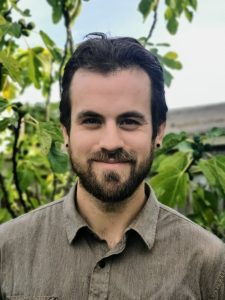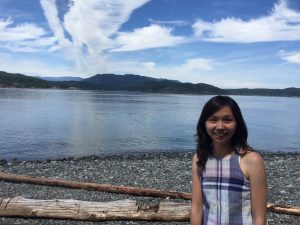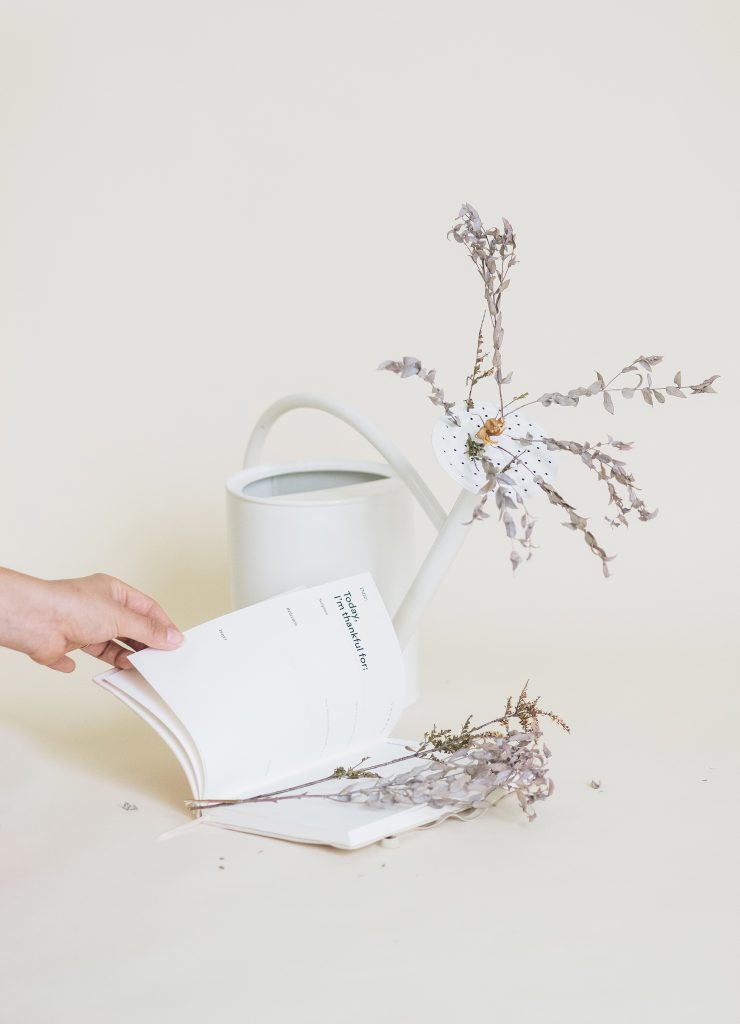The Autism Society initially launched the Autism Children’s week in 1972 to spread awareness about autism, promote acceptance, and foster societal change. This initiative eventually evolved into what is now known as Autism Acceptance Month (AAM). This year’s campaign, “Celebrate Differences”, focuses on building awareness of the signs, symptoms, and experiences of autism. #CelebrateDifferences provides information and resources about autism and promotes more inclusive communities for autistic people.
According to Statistics Canada (2018), approximately 1 in 66 children and youth are diagnosed with ASD in Canada. ASD is a lifelong neurodevelopmental disorder that affects how the brain works. ASD affects people differently, partly depending on the number and type of symptoms. Given the unique individual experiences of people with ASD, counselling must be tailored to each person’s needs.
Learn more about Autism Acceptance Month and ASD:
Psychology Today: “Moving Beyond Autism Awareness to Autism Acceptance” – by Gary Drevitch. https://www.psychologytoday.com/us/blog/insights-about-autism/202004/moving-beyond-autism-awareness-autism-acceptance
Learn about Autism Spectrum Disorder
Websites
Aucademy: Autistic academics, researchers, teachers, speakers, trainers, and advocates formed an online learning platform with information and resources about autism. https://aucademy.co.uk/about/
The Autistic Advocate: A resource for autistic people, parents, and professionals. This website includes a collection of stories that reflect the societal barriers that autistic people face. https://theautisticadvocate.com
Autistic Self Advocacy Network: Its mission is to promote the principles of the disability rights movement for autistic people. Their work includes public policy advocacy regarding autism and leadership training for self-advocacy. https://autisticadvocacy.org/about-asan/
Autistic Women & Nonbinary Network (AWN): AWN offers community, support and resources for all women and girls, transgender and cisgender, nonbinary people, trans people of all genders, Two Spirit people, and people of marginilized genders. https://awnnetwork.org/about/
Ausome Autism Training | Challenging your thinking on autism. A platform that provides training about autism led by autistic people. https://ausometraining.com
Autism Mama: Kaylene created a platform to offer support to parents of autistic children. https://autisticmama.com
Changing The Narrative About Autism & PDA: Jessica Matthews is a writer, researcher, and advocate. Her writing is shaped by her work and her own lived experiences living with autism. She is passionate about supporting the development of Positive Autistic Identity. This is her blog: https://pathologicaldemandavoidanceaprofileofautism.com
Foundations for Divergent Minds: A non-profit organization founded by autistic and neurodivergent people. The organization is grounded in the principles of disability justice and promotes inclusive, practical, just, and affirming neurodiversity-based programming and education. https://www.divergentminds.org
Kristy Forbes – Autism & ND Support Kirsty Forbes is an autism and neurodiversity support specialist who draws from her lived experience as an autistic person and her extensive professional experience as an educator. https://www.kristyforbes.com.au/aboutkristy
NeuroClastic is a website that provides a platform for autistic people to share their lived experiences and stories. They also provide resources for adults, educators, neurodivergent people, parents, employers, and professionals. https://neuroclastic.com/resources/
The Neurodivergent Co. Education led by autistic people, drawing from their professional and lived experiences. This resource focuses on dismantling the stereotypes about autism. https://www.thend.co/home
Neurodivergent Rebel. “Rebelling against a culture that values assimilation over individuality”. This is a blog led by Christa Holmans who is an autistic self-advocate. Christa’s career background is in recruitment, employee retention, marketing, and consulting. https://neurodivergentrebel.com/about/
Thinking Autism Guide. A comprehensive site containing autism news and resources by autistic people, professionals, and parents. http://www.thinkingautismguide.com/
Trauma Greek is a website offering education and resources for parents and helping professionals. It is led by Janae Elisabeth who is a researcher-storyteller and neurodiversity advocate. It focuses on the science of trauma, neurology, relationship, and community. https://www.traumageek.com
Psychology Today: “Reframing Professional Language Around Autism” – by Abigail Fagan. https://www.psychologytoday.com/us/blog/insights-about-autism/202006/reframing-professional-language-around-autism
Psychology Today: Read work from Erin Bulluss, Ph.D., and Abby Sesterka, who collaborate as authors to write about autism, drawing from scholarly work and their own lived experiences as autistic people. https://www.psychologytoday.com/us/contributors/erin-bulluss-phd-and-abby-sesterka
Books
“Knowing Why: Adult-Diagnosed Autistic People on Life and Autism” – by Elizabeth Bartmess. This book includes essays from a diverse group of autistic adults. Topics include recovering from burnout, exploring passions and interests, coping in social situations, and coping with sensory overload.
“Uniquely Human: A Different Way of Seeing Autism” – by Barry Prizant. This book focuses on a non-pathologizing approach to understanding autism.
“Been There. Done That. Try This!: An Aspie’s Guide to Life on Earth” – by Debbie Denenburg. This book includes practical help and solutions and fosters ideas and compassionate understanding.
“Divergent Mind: Thriving in a World That Wasn’t Designed for You” – Jenara Nerenberg. A non-pathologizing book that recognizes and celebrates neurodiversity. Jenara Narenberg is a Harvard and Berkeley-educated writer, entrepreneur, and mother who discovered that her symptoms that had been labelled as “anxiety” were now labelled as “autistic” and “ADHD”.
Resources
Autism Resource Centre https://autismresourcecentre.com/
Autism Community Training offers free and paid training resources: https://www.actcommunity.ca
The Autisticats are a group of three autistic young adults who share their experiences as neurodivergent people. They have a blog, a poetry page, and a resources page on their website: https://theautisticats.weebly.com/about.html. This is their Instagram account Instagram account.
SucceedSocially.com is a free resource on social skills: https://www.succeedsocially.com
Neurodiversity Affirming Therapists is a Facebook group that offers information and resources: https://www.facebook.com/groups/2219847184963504/
Embrace ASD Open Community is a Facebook group where autistic people and people without ASD can interact and learn about autism: https://www.facebook.com/groups/EmbraceASD.OpenCommunity/
Ask me, I’m Autistic (24hr rule!) is a Facebook group for asking questions of autistic people. Its focus is on amplifying the voices of autistic people: https://m.facebook.com/groups/261543173922285?view=info&sfd=1
Aucademy is a Facebook page created by autistic educators that are passionate about providing information and resources about autism. https://www.facebook.com/Aucademy/
The Autistic OT is a Facebook page and blog focused on occupational justice and identity development. https://www.facebook.com/theautisticOT
Bobbi Elman: NeuroDivergent Autism Support ™ is a Facebook page that offers information and resources about autism and promotes neurodiversity and neurodivergence. https://www.facebook.com/BobbiElmanNeurodivergentAutismSupportTM/?ref=py_c
Not Another Autistic Advocate is a Facebook page focused on autism advocacy by an #ActuallyAutistic person to dismantle myths about autism and provide a platform for autistic people to voice their experiences https://www.facebook.com/notanotherautisticadvocate/
Judyendow.com is a blog written by a therapist, author, and international speaker on autism-related topics, including her own lived experiences. http://www.judyendow.com
Mona Delahooke, Ph.D., blog offering support for neurodivergent people. https://monadelahooke.com/blog/

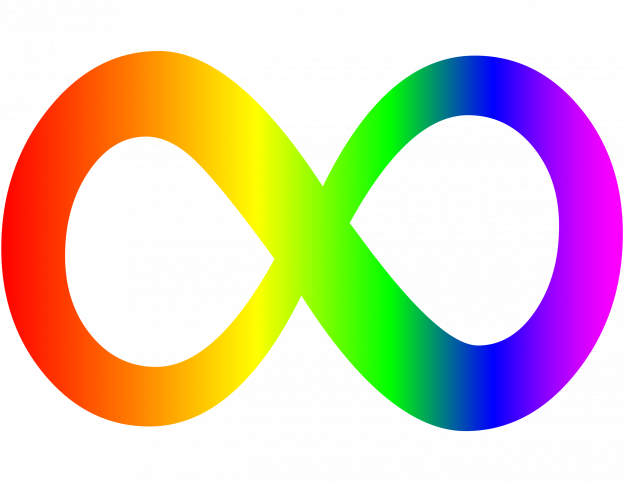
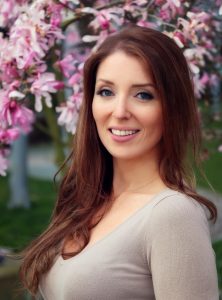
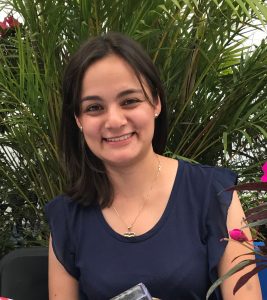
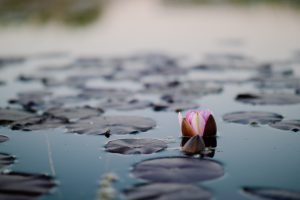
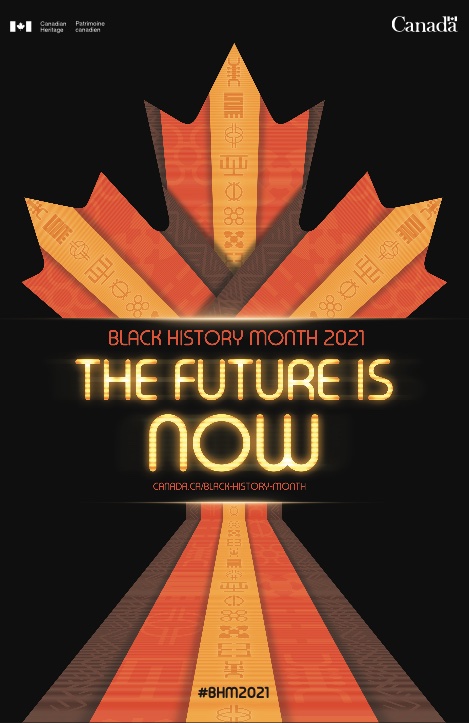
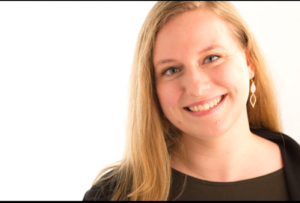
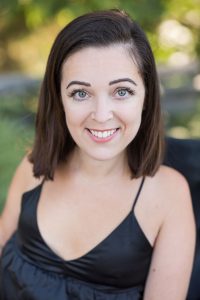 Finding Your Power Amidst the Storm
Finding Your Power Amidst the Storm